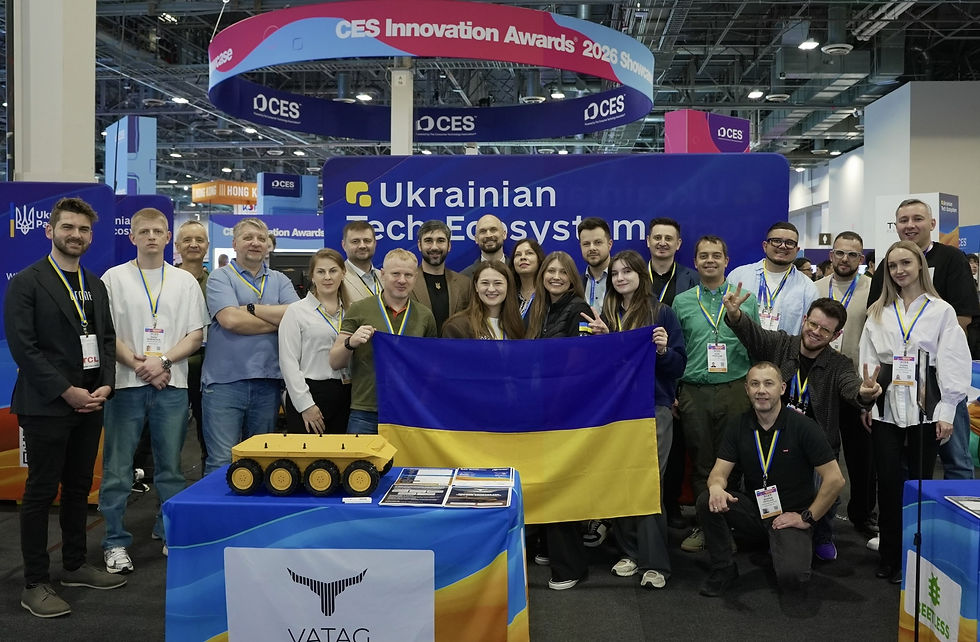Pesticide dependency in agriculture: risk factors, global trends, and the BEETLESS technological response
- Vadym Kachan
- Nov 3, 2025
- 2 min read

Modern agriculture remains heavily dependent on chemical crop protection agents that, for decades, were considered the primary means of ensuring stable yields. However, numerous studies indicate that this model is gradually losing its effectiveness while simultaneously creating systemic risks for ecosystems, food security, and human health.
In recent years, the issue of pesticide contamination in food products has reached a global scale. According to the Environmental Working Group (EWG), in 2024, 70% of tested fruit and vegetable samples in the United States contained pesticide residues even after washing and peeling.
The list of crops with the highest levels of contamination — known as the “Dirty Dozen” — includes:
strawberries
spinach
grapes
apples
cherries
peaches
A similar trend is reported by the European Food Safety Authority (EFSA): even in countries with high safety standards, up to 6% of produce exceeds permissible limits.
The increasing chemical load within the food chain illustrates the exhaustion of traditional pest control methods and highlights the need for technological alternatives. BEETLESS is addressing this challenge by developing intelligent, biologically safe management systems that combine precision, environmental responsibility, and scientific validity.
According to FAO estimates, even with the active use of pesticides, up to 40% of global crop yields are lost to pests each year. This indicates that chemical methods are not only losing effectiveness but also creating a self-reinforcing cycle of dependency: more chemicals → greater resistance → even more chemicals.
This dynamic leads to ecosystem degradation, a decline in beneficial insect populations, and the disruption of natural regulatory processes. According to international research, excessive pesticide use is also associated with long-term human health risks, including hormonal imbalances, reproductive system disorders, and immune dysfunction.
BEETLESS is developing an approach that eliminates these consequences — a technological model of precise biological control in which population management relies not on chemical intervention but on data analysis, behavioral algorithms, and natural mechanisms of environmental interaction.
The BEETLESS technology integrates precise pest population monitoring, neural network models, and localized, biologically safe control methods that ensure effective pest management without pesticides or harm to ecosystems. This model enables the creation of targeted solutions adapted to specific biological scenarios while maintaining the natural balance of agroecosystems.
The development is based on 24 patents and patent applications covering sensor systems, algorithmic analytics, and bioengineering mechanisms of interaction with the environment. As a result, BEETLESS offers not just an alternative to chemical agents but a comprehensive management system capable of adapting to environmental dynamics and ensuring sustainable crop protection.
The implementation of such solutions paves the way for a new paradigm in crop protection — a shift from mass chemical impact to intelligent management of biological processes. This transformation not only enhances pest control efficiency but also contributes to the restoration of natural ecosystems, the reduction of toxic load, and improvement of global food security.
BEETLESS views technological advancement in the agricultural sector as a prerequisite for sustainable production — where precision, scientific validation, and environmental responsibility form the foundation of innovation. This approach demonstrates that the future of agriculture can be both highly efficient and environmentally safe.



Comments